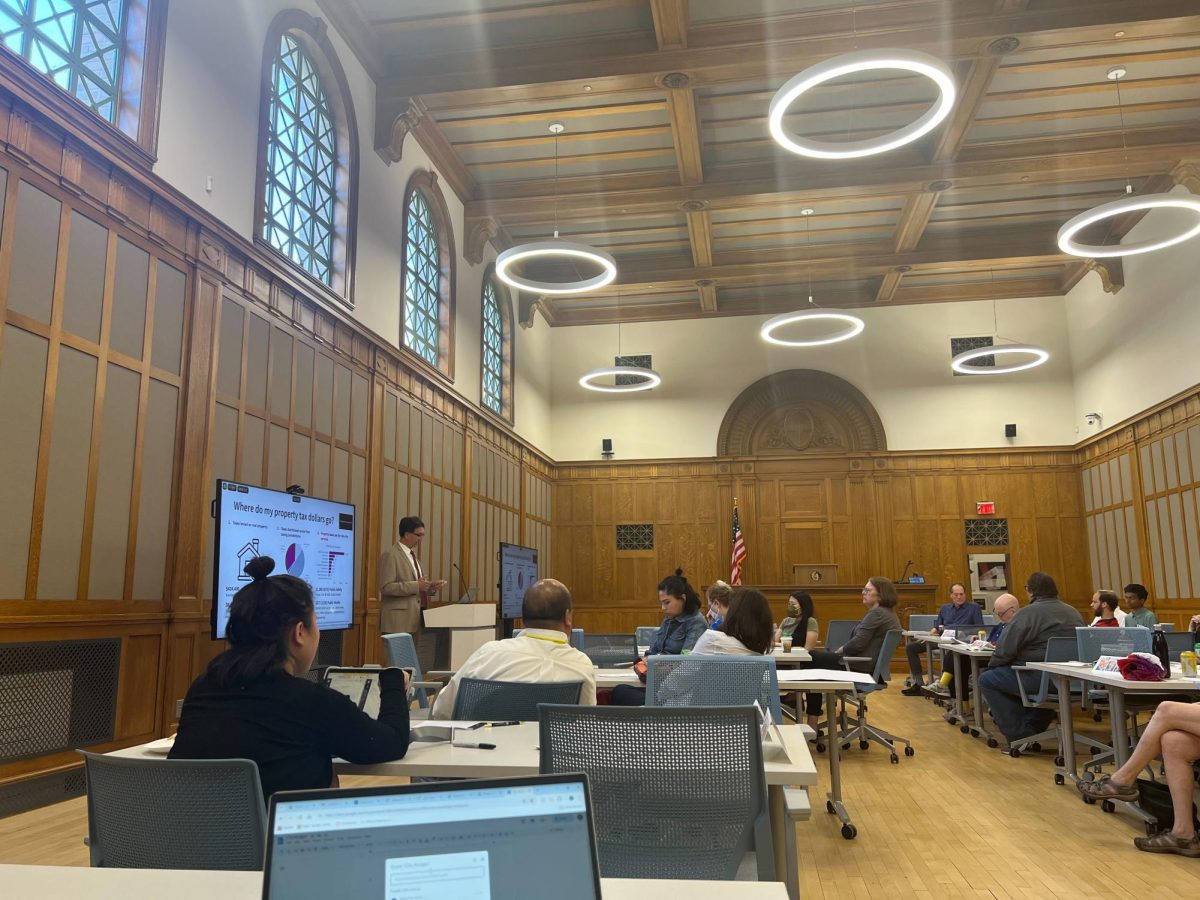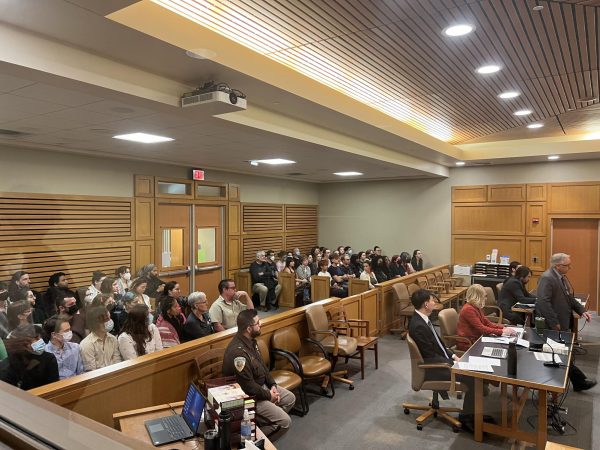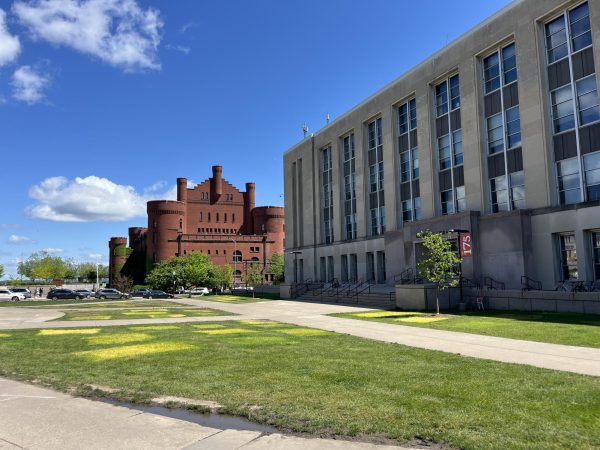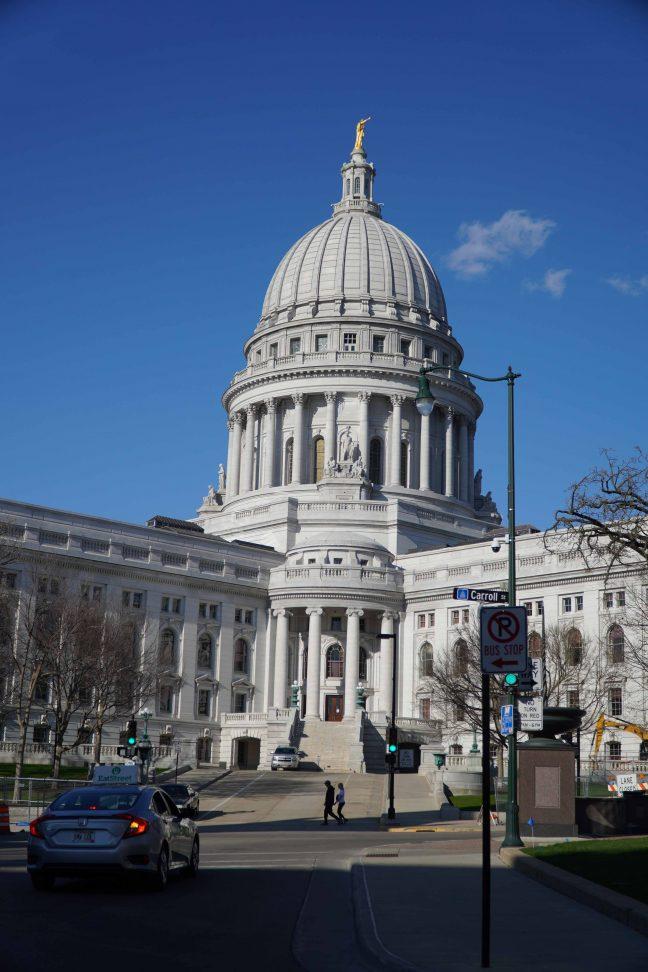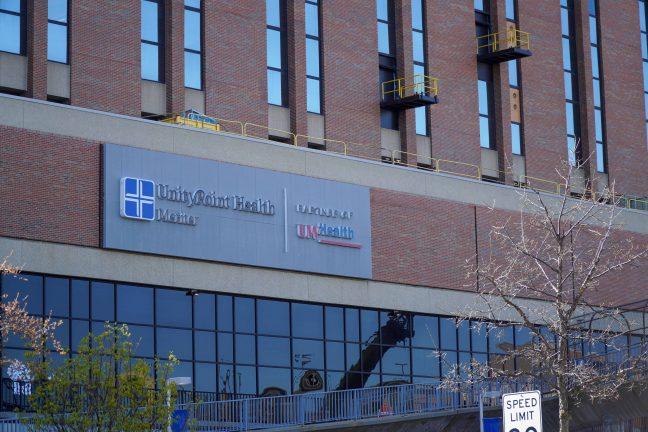Madison Alders Juliana Bennett, District 2, Mike Verveer, District 4, Marsha Rummel, District 6, and MGR Govindarajan, District 8 held a city budget engagement session Thursday.
Madison’s operating budget is facing a $24 million structural deficit, City Finance Director David Schmiedicke said in a presentation. In other words, projected expenditures will exceed projected revenue in 2024, according to Schmiedicke.
City revenues are not keeping pace with inflation, especially in state aid, Schmiedicke said. Madison receives $29 per resident in state aid compared with the state average of $142 per resident statewide.
Madison also receives less than the standard amount of yearly state aid for operating state-owned buildings on the UW-Madison campus and providing services such as policing, firefighting and ambulances to students.
“Madison should be getting about $20 million a year; we get less than $6 million,” Schmiedicke said. “The state legislature has chosen not to fully fund that program.”
State law prohibits Madison from having a sales tax, leaving property taxes to fund 71% of the operating budget, Schmiedicke said. As such, Madison is unable to capitalize on growing commerce in the form of retail stores and restaurants, he said.
“We’re very limited under state law,” Schmiedicke said.
Wisconsin Act 12, passed in June 2023, allowed Milwaukee to implement a 2% sales tax beginning in January 2024. The Madison Common Council passed a resolution in April imploring the state legislature to approve a 0.5% sales tax, which would create $35 million in annual revenue.
A large portion of Madison’s 2024-2025 operating budget consists of public safety and health costs, which are mostly made up of the city’s police and fire departments, with budgets of $91 million and $70.6 million, respectively.
Schmiedicke announced a tentative budget timeline with next steps including more community engagement sessions and the development of a resolution on a potential property tax referendum later this summer. Public hearings on the budget are planned for this fall.
Moving forward, the city must balance its budget by spending less money than it brings in, Schmiedicke said. Options for increasing revenue include creating new special charges, increasing existing local revenues like fines and fees and a referendum asking voters to increase property taxes.
Because Madison has faced a budget deficit every year since 2011, the city has already taken balancing actions, including spending cuts, raised ambulance fees and increased employee contributions to police and fire pensions and health insurance, Schmiedicke said.








